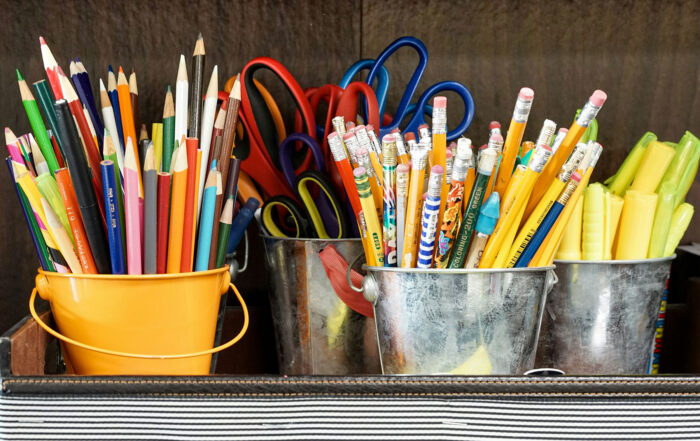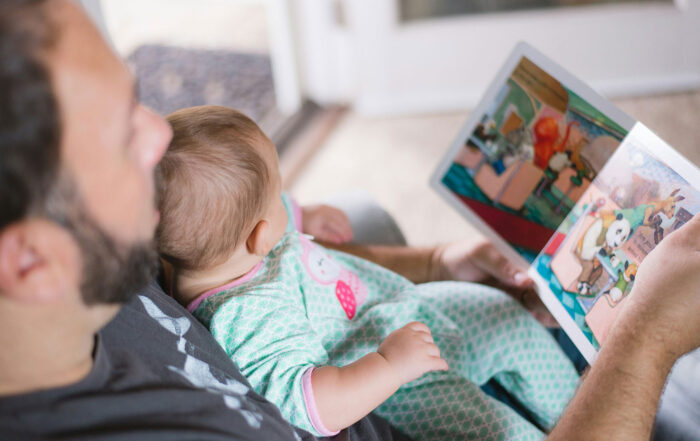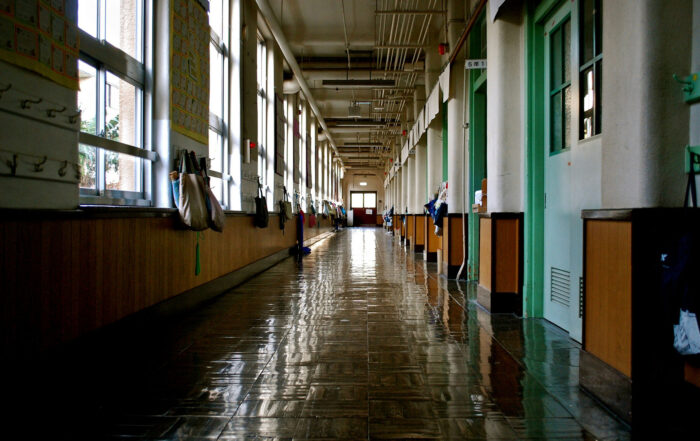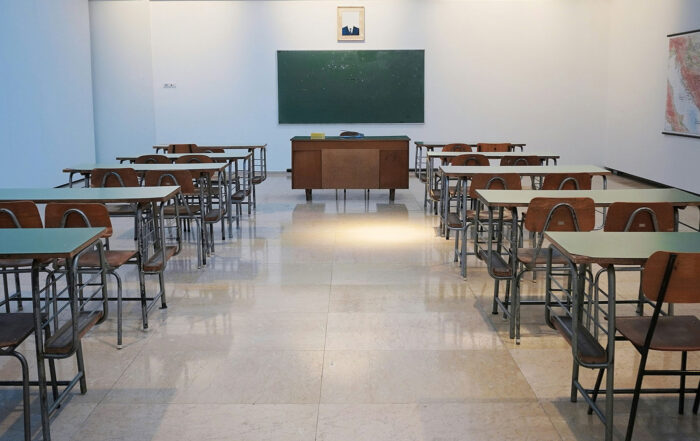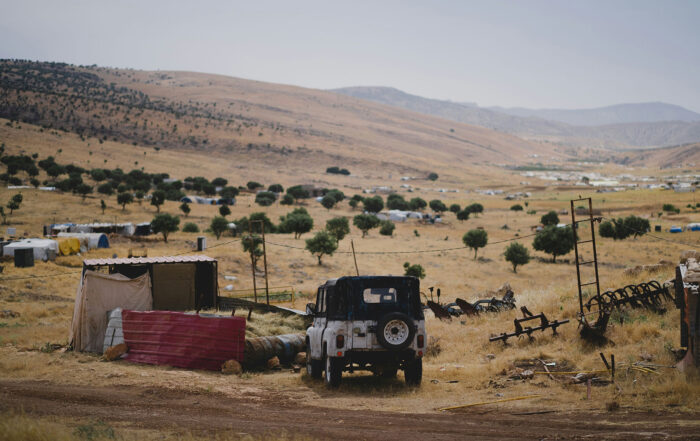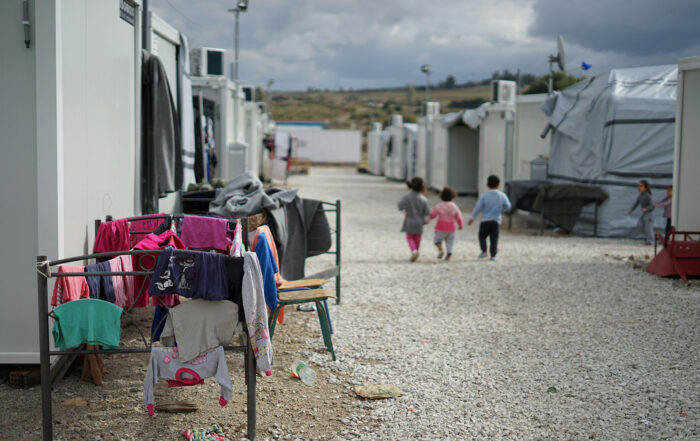
To identify core components of parent/caregiver integration into evidence based child trauma treatment models, specifically those parents/caregivers who have experienced trauma themselves. The Parent/Caregiver Trauma and Healing Coordinating Group (PCTHCG) of the National Child Traumatic Stress Network examined existing scholarly literature, gathered input from clinical experts and parent partners, and assessed child trauma treatments. Eleven core components were identified through pooled sources of the available literature, clinical and parent/caregiver partner expertise, and information from existing evidence-based child trauma treatment models. Core components identified: engagement of parent/caregiver, assessment, parenting, coregulation, attachment, relationship repair, support of parent/caregiver, emotional coaching, addressing parent/caregiver trauma history and symptoms, and parent/caregiver appraisal and meaning making. To further validate these core components, the PCTHCG invited child trauma treatment model developers (N = 11) to indicate the presence of these components in their models and describe how their models attend to parent/caregiver trauma.
Subsequently, a Core Components of Trauma Informed Child Treatment Models Related to Parent/Caregiver Trauma Grid (Core Components Grid) was developed. Despite general consensus that it is beneficial, few studies thoroughly explore the impact of parent/caregiver inclusion, specifically those who have experienced trauma, in their child’s trauma treatment. There is a significant need for future studies on the impact and mechanisms of parent/caregiver trauma and the integration into child trauma treatment. The Core Components Grid is intended to move the field forward toward a more structured examination of parent/caregivers who have experienced trauma and their inclusion in their child’s trauma treatment. (PsycInfo Database Record (c) 2020 APA, all rights reserved)
Share This Post!
Traumatic Bonding
By Kelly L. Burns, MA, LPC, ATR-P A traumatic bond occurs when you are involved in an abusive relationship, and the abuser becomes an essential part of your life. Abusive relationships [...]
Ukraine’s First Lady Olena Zelenska Takes On the Trauma Of War
By Simon Shuster/Kyiv lena Zelenska, the First Lady of Ukraine, got to bed late on the eve of the Russian invasion. Her kids were long asleep in the presidential residence south [...]
Parent Guidelines for Helping Youth after the Recent Shooting
By The National Child Traumatic Stress Network The recent shooting has been an extremely frightening experience, and the days, weeks, and months following can be very stressful. Your children and family [...]
Two Professors Found What Creates a Mass Shooter. Will Politicians Pay Attention?
By Melanie Warner Each time a high-profile mass shooting happens in America, a grieving and incredulous nation scrambles for answers. Who was this criminal and how could he (usually) have committed [...]
13 Million Children Face Hunger Every Day – and the Problem is Worse During the Summer
By Move For Hunger There are 13 million children in America who don’t know where their next meal will come from. Throughout the school year, many participate in programs that provide [...]
Sexual Abuse of Children at Camp is an Epidemic:
By Mick S. Grewal Sexual abuse by camp counselors is a national epidemic, according to various organizations, including Crime Stoppers. Every year, nearly 10 million children attend summer camp. In 2018, CBS [...]


